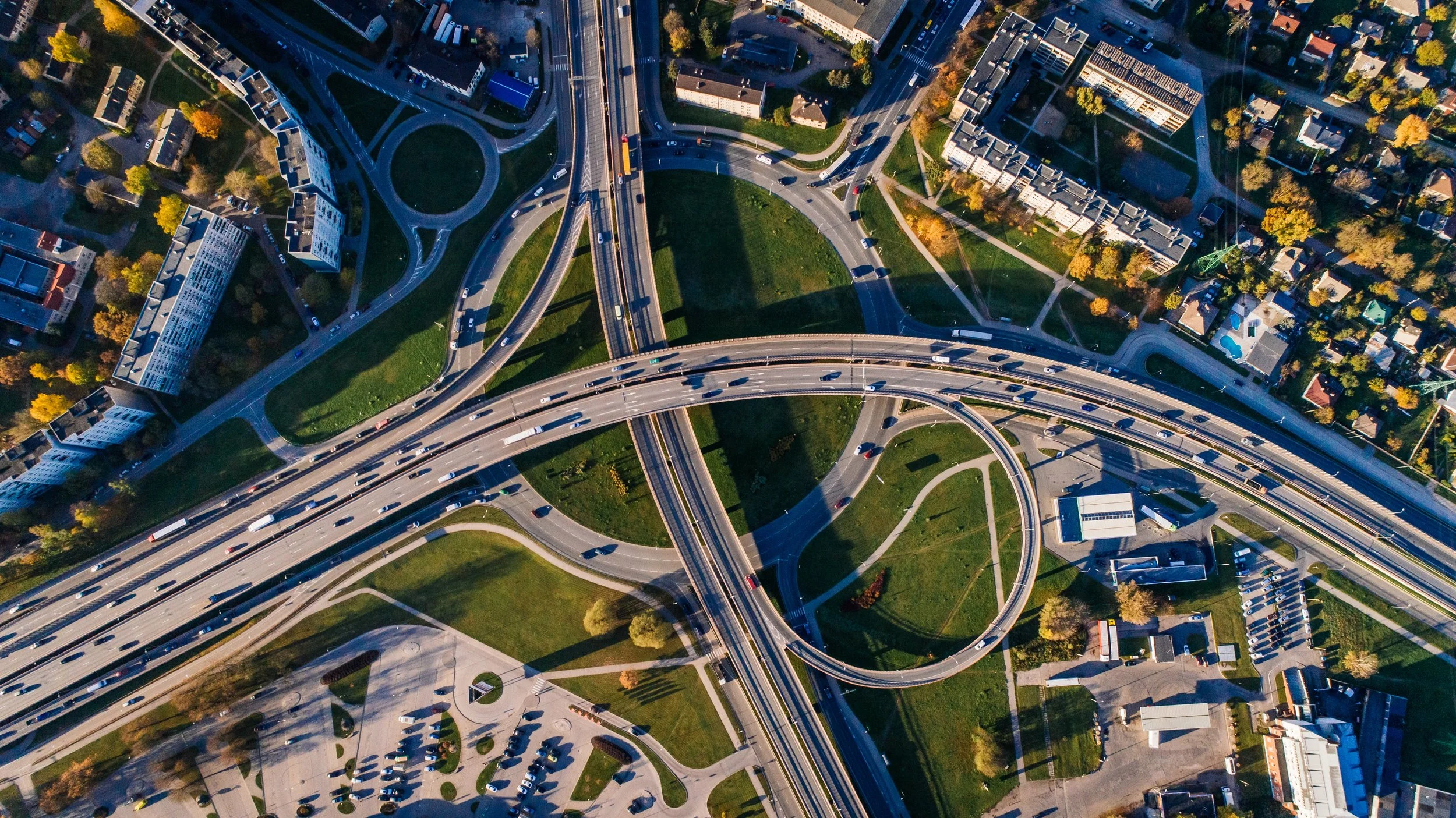Top 10 ways AI is used in smart cities
Cities, like the rest of the globe, are changing at a rapid pace. Smart cities are becoming increasingly popular as municipalities attempt to create more efficient, secure, and sustainable urban spaces. Cities can unleash the potential of their urban spaces and make them more habitable and workable by utilising artificial intelligence (AI). AI enables smart urban solutions such as traffic management, energy management, trash management, smart government, and other applications. In this post, we'll look at 10 ways artificial intelligence (AI) is being used to improve urban transportation and livability in smart cities. Let's take a look….
Smart Traffic Management: AI-enabled traffic lights and sensors are used in smart traffic management to monitor traffic density, optimise traffic flows, predict road congestion, and prevent traffic accidents. In addition, this technology enables cities to study and respond to data in real-time, allowing them to make better decisions to improve urban mobility.
Smart Energy Management: Artificial intelligence-enabled technologies are used to monitor and analyse energy consumption patterns, allowing cities to optimise energy usage to cut costs and boost efficiency.
Smart Waste Management: In smart cities, AI-enabled technologies are used to monitor and analyse garbage collection and disposal, allowing them to reduce the quantity of waste created and disposed of.
Smart Water Management: Artificial intelligence-enabled systems are used to monitor water usage, detect potential leaks, and optimise water consumption to minimise costs and boost efficiency.
Smart Buildings: To cut costs and boost efficiency, AI-enabled technologies are used to monitor and control the usage of energy in buildings, such as heating, cooling, and lighting.
Smart Healthcare: AI-enabled systems are used to track individuals' health, detect potential health issues, and track medical information to deliver improved healthcare services.
Smart Education: AI-enabled solutions, such as personalised learning programmes and virtual tutoring, are utilised to personalise education. Cities may now deliver better educational services to their inhabitants because of this technology.
Smart Public Safety: Artificial intelligence-enabled systems are used to monitor public locations and detect potential security threats. Cities can use this technology to give better public safety services to their inhabitants.
Smart Mobility: AI-enabled technologies, such as traffic optimization, navigation, and autonomous vehicles, are used to monitor and optimise the use of public transit. Cities can use this technology to increase urban mobility and minimise traffic congestion.
Smart Governance: AI-enabled technologies, such as predictive analytics and real-time monitoring, are used to monitor the performance of government services. Cities can use this technology to better manage their resources and deliver better services to their inhabitants.
Smart cities are harnessing artificial intelligence (AI) technology to improve urban mobility, cut costs, and provide better services to their inhabitants. AI is an essential component of smart cities and could transform urban environments, making them safer, more efficient, and more livable.




